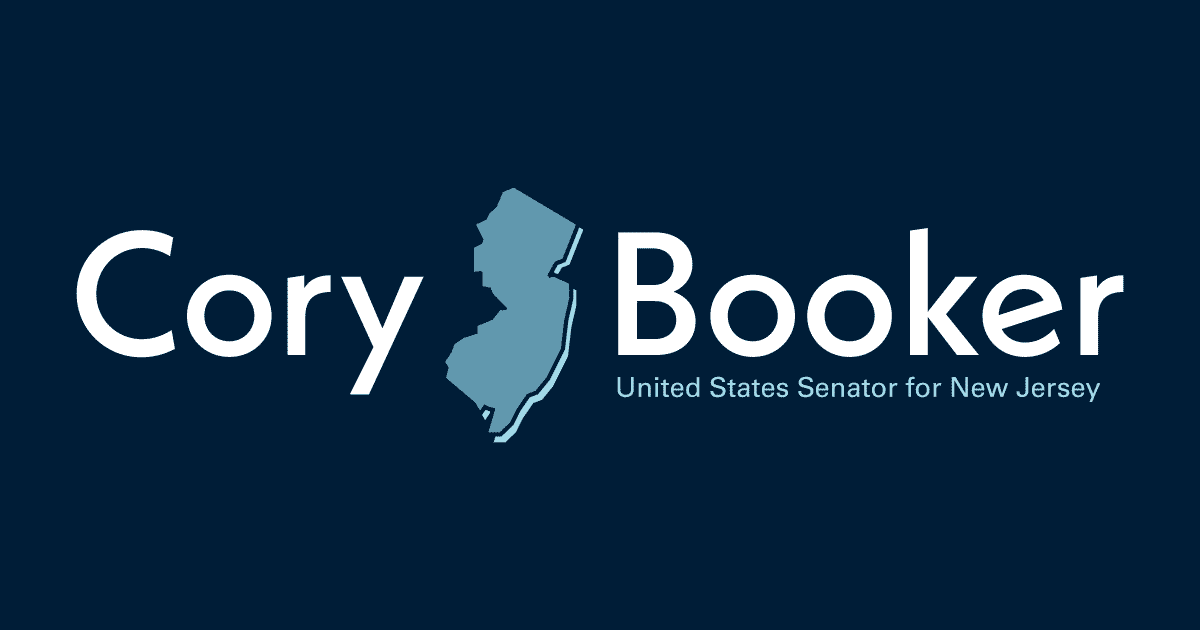Source: United States Senator for New Jersey Cory Booker
NEWARK, N.J. – Today, U.S. Senator Cory Booker (D-N.J.), U.S. Department of Agriculture (USDA) Under Secretary for Natural Resources and Environment Dr. Homer Wilkes, and White House Senior Advisor for Clean Energy Innovation and Implementation John Podesta announced $1 billion in grants will be made available to expand access to urban nature, combat the climate crisis, and advance environmental justice.
Booker, Wilkes, and Podesta were joined by Rep. Donald Payne, Jr. (D-N.J.), NJDEP Commissioner Shawn LaTourette, and environmental and forestry organizations in Lincoln Park in downtown Newark for the announcement, which included the planting of a tree.
The grants are part of a $1.5 billion investment in the U.S. Department of Agriculture’s Forest Service Urban and Community Forestry Program from President Biden’s Inflation Reduction Act and will be made available to community-based organizations, tribes, municipal and state governments, nonprofit partners, universities, and other eligible entities as they work to increase tree cover in urban spaces and boost equitable access to nature while bolstering resilience to extreme heat, storm-induced flooding, and other climate impacts. In addition to the grant funding, the USDA Forest Service is providing up to $250 million to states and territories—including $11.25 million to New Jersey—to further local efforts to support urban communities through equitable access to trees and the benefits they provide.
This historic level of investment will enable the Forest Service to support projects to improve public health, increase access to nature, and deliver real economic and ecological benefits to cities, towns and tribal communities across the country.
“Since my days as Mayor of Newark, I have seen the transformative impact that trees can have for urban communities,” said Senator Booker. “Studies have shown that trees save families money in heating and cooling costs, reduce air and water pollution, decrease the risk of respiratory illnesses like asthma, reduce flooding, and protect people from extreme heat. The Inflation Reduction Act’s $1.5 billion allocation to the Urban and Community Forestry Program will help us plant more trees across our communities, with a focus on overlooked and disadvantaged areas. This historic investment will help us tackle the most pernicious effects of climate change, move us closer to remedying environmental injustices, and pay dividends for generations to come.”
[Senator Booker’s remarks can found here]
Booker, a member of the Senate Agriculture Committee, championed the $1.5 billion investment for the Forest Service’s Urban and Community Forestry Assistance Program in the Inflation Reduction Act to support urban-tree planting, urban forestry planning and management, and related activities, particularly in disadvantaged communities. Lincoln Park, the site of Wednesday’s announcement, recently received $3.55 million for restoration. This funding was secured by Booker in the Fiscal Year 2023 government funding bill.
Senator Booker has been a longtime advocate for reforestation and urban tree planting during his time in the Senate. In 2019, Booker first introduced a comprehensive bill to address climate change with nature-based solutions, the Climate Stewardship Act, that envisioned an ambitious program to plant more than 15 billion trees to revive deforested landscapes and expand urban tree cover. Additionally, beginning in 2020, Booker introduced the bipartisan TREE Act, which would create a cost-share grant program at the Department of Energy to provide funding to plant a minimum of 300,000 trees annually in residential neighborhoods to reduce energy consumption and help protect public health.
“This program is yet another way that the Biden-Harris Administration is investing in America and ensuring that all people, regardless of ZIP code or neighborhood, have equitable access to the benefits that trees and green spaces provide,” said USDA Secretary Tom Vilsack. “Whether it’s reducing heat stress or creating jobs in tree-planting and maintenance, this grant funding will support local communities and partners who are working on the ground to advance environmental justice by mitigating the impact of climate change on communities who lack tree cover in urban spaces while giving kids more safe spaces to play outdoors.”
“Research shows that trees and green spaces improve physical and mental health outcomes and create new economic opportunities,” said USDA Undersecretary for Natural Resources and the Environment Wilkes. “They also enhance community green spaces and support lasting community relationships and engagements. These funds will enable us to bring these benefits to disadvantaged communities across the nation, and to support new partnerships with a diverse array of organizations.”
“This historic investment in urban forestry, part of President Biden’s Investing in America agenda, isn’t just about increasing access to nature and tackling the climate crisis,” said John Podesta, Senior Advisor to the President for Clean Energy Innovation and Implementation. “It’s about cleaning up the air we breathe, keeping city streets cool during sweltering summers, and creating safer, healthier neighborhoods for our kids.”
“Investing in our urban forests is investing in the health and wellness of our communities,” said Forest Service Chief Randy Moore. “Trees provide numerous benefits, like improving air quality, reducing stormwater runoff, providing shade, creating safe outdoor spaces for recreation, and stimulating other kinds of investments. Equitable access to these benefits is key, as everyone deserves the opportunity to live in a healthy and sustainable environment.”
“I am a strong supporter of the urban forestry program and I helped secure the $1.5 billion in federal funding for it in the Inflation Reduction Act,” said Rep. Donald M. Payne, Jr. “This program helps the environment because it provides technical expertise, educational assistance, and funding to plant trees and maintain natural habitats in urban areas. In addition, the new trees will help clean the air, lower air conditioning bills through increased shade, limit storm runoff through increased water absorption, and improve the mental health of residents. This urban forestry program is a great way to improve urban communities and decrease climate change at the same time.”
